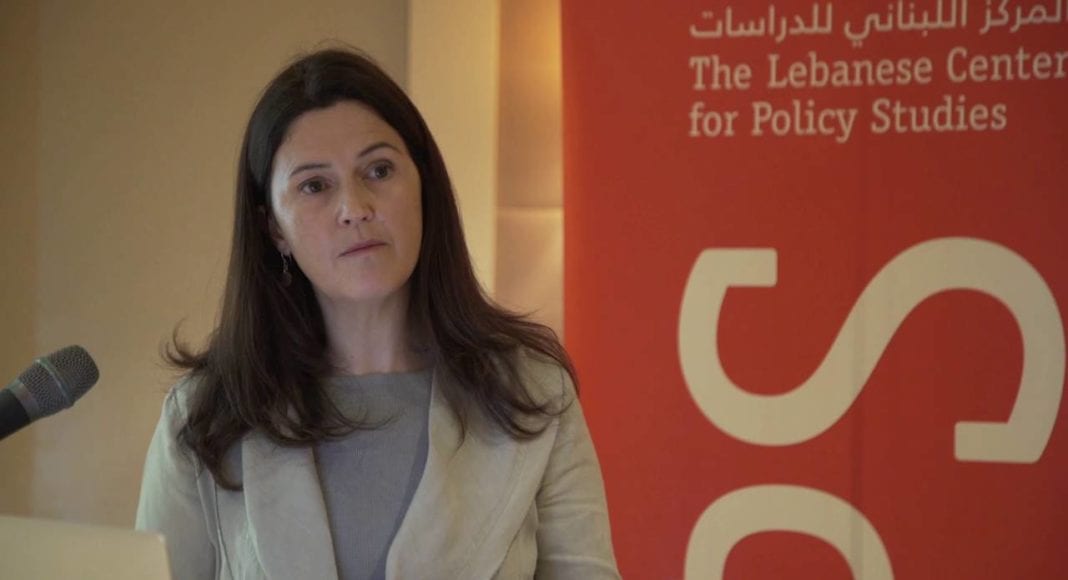When implementing cash transfers from oil, Chatham House expert, Dr. Valerie Marcel, firmly asserts that great caution needs to be taken. During an interview with OilNOW, Dr. Marcel categorically stated that it should not be done across the board. She insisted that it should be directed to the needy sections of the society via well thought out programmes.
As the country looks to conclude the results of its presidential elections held on March 2, it must soon begin refocusing attention on the management of its oil revenues, almost US$60 million of which it has received so far from royalty and profit oil since production started last December.
Dr. Marcel, who has led energy research at Chatham House from 2002 to 2007, explained that cash transfers to all can increase inflation and would even run the risk of coming across as a “political bribe.”
The expert on oil and politics in Iran, Saudi Arabia, and Kuwait, said it is quite a tempting idea for a government to be signing off on cheques and mailing it out to citizens. “…But all this kind of says is ‘vote for me next time.’ What I also think it does, is it diverts money that could be otherwise spent on much-needed infrastructure and health care. So, if the government gives too much of the oil rent in cash transfers it has less to commit to critical projects,” the Chatham House Consultant told OilNOW.
Be that as it may, she said that there is indeed value in cash transfers going to needy groups. Dr. Marcel said that cash transfers can also be accompanied by financial literacy programmes. To support her perspective, she pointed to the case of Uganda. She recalled that when the government of that African nation had given out compensation cheques, it had put in place, effective financial literacy workshops and programmes so that Ugandans could be aware of how to manage an account. In such an approach, she said that efforts can be directed towards ensuring women of the household get to benefit from the cheques as the experience in some instances is that if the money goes to the men alone, it gets diverted from immediate family needs.
Whatever route Guyana decides to take, Dr. Marcel cautioned that the pros and cons of this mechanism need to be carefully considered.
The proposal for cash transfers was first made by Executive Member of the Working People’s Alliance (WPA), Professor Clive Thomas in 2018. He had recommended that the sum of US$5000 per household could have been considered but the APNU+AFC coalition-led government did not arrive at a definitive position on it at that time.
For months there was hesitation from the government which noted that studies need to be done on the sustainability of such a proposal. But during the launch of its 2020 election manifesto, the party proposed a form of the transfer that would be implemented if it is to be re-elected. It promised to have cash transfers for the purchase of essential services as well as for housing purposes. It said that a portion of the money would also be dedicated to elderly support and for students too.
The opposition PPP/C has said it supports ‘targeted transfers’ to vulnerable sections of the society and that such an initiative must be carefully developed and implemented if adverse effects to the economy are to be avoided.



